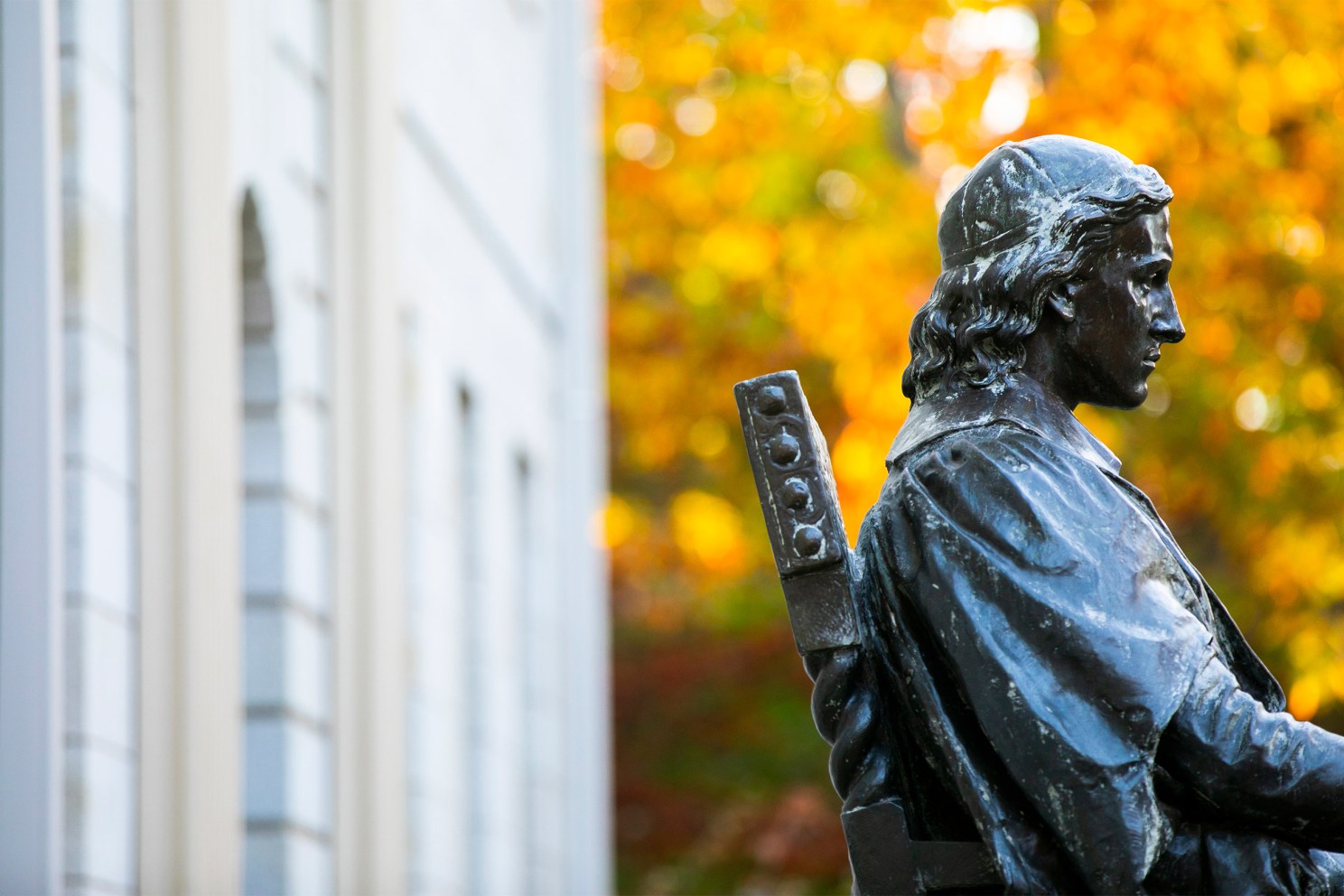The National Academy of Medicine has elected 100 new members this year, including 12 with Harvard affiliations. Election to the academy is one of the highest honors in the fields of health and medicine. The newly elected members bring the academy’s membership to more than 2,400, which includes nearly 200 international members.
Harvard’s 2024 electees
Paola Arlotta, Golub Family Professor, Department of Stem Cell and Regenerative Biology. For pioneering work on the development and application of powerful stem cell-based models of the human brain, brain organoids, and for her foundational contributions to understanding processes of human brain formation and human neurological disease.
Jonathan F. Bean, professor, Department of Physical Medicine and Rehabilitation, Harvard Medical School. For transformative work in applying multidisciplinary, precision medicine principles to rehabilitation that has reconceptualized health care systems for geriatric/veteran populations.
Bob S. Carter, William and Elizabeth Sweet Professor of Neurosurgery, Harvard Medical School and Massachusetts General Hospital. For contributions to neurosurgery, neuro-oncology, central nervous system gene-/cell-based therapies.
I. Glenn Cohen, James A. Attwood and Leslie Williams Professor of Law, Harvard Law School. For scholarship on bioethics and health law in the U.S. and globally, including pioneering work on AI/big data and health, abortion, reproductive rights and technologies, therapeutic use of psychedelics, and LGBTQ rights.
Leemore Dafny, Bruce V. Rauner Professor of Business Administration, Harvard Business School; and professor of public policy, Harvard Kennedy School. For illuminating where health care markets succeed and fail, including insights regarding policy solutions to market failures.
Patricia C. Dykes, professor of medicine, Harvard Medical School. For being an internationally recognized nurse scientist and biomedical informatician who has developed cost-effective health information technology tools.
Marcia Carmen Haigis, professor, Department of Cell Biology, Harvard Medical School. For leadership and pioneering studies in cellular metabolism, elucidating how metabolites contribute to normal physiology, aging, and cancer.
Massimo Loda, David D. Thompson professor emeritus of pathology, Harvard Medical School. For pioneering the use of molecular assays in diagnostic pathology and establishing the concept of “metabolic oncogenes” in the development of cancer.
Nicole Maestas, John D. MacArthur Professor of Health Care Policy, Harvard Medical School. For contributions to our understanding of the economics of employment, work capacity, and income support for people who are disabled or elderly.
David Pellman, professor of cell biology and pediatrics, Dana-Farber Cancer Institute and Harvard Medical School. For identifying the mechanistic basis for mutational processes that generate a large fraction of chromosome abnormalities in cancer and certain congenital diseases.
Olivier Pourquié, Department of Genetics, Harvard Medical School. For his discovery of the segmentation clock and landmark work on vertebral development that provides a framework to understand pathologies of the spine.
Hao Wu, Asa and Patricia Springer Professor, Department of Biological Chemistry and Molecular Pharmacology, Harvard Medical School. For discovering supramolecular complexes as central organizing structures that mediate signal transduction in innate immunity.






